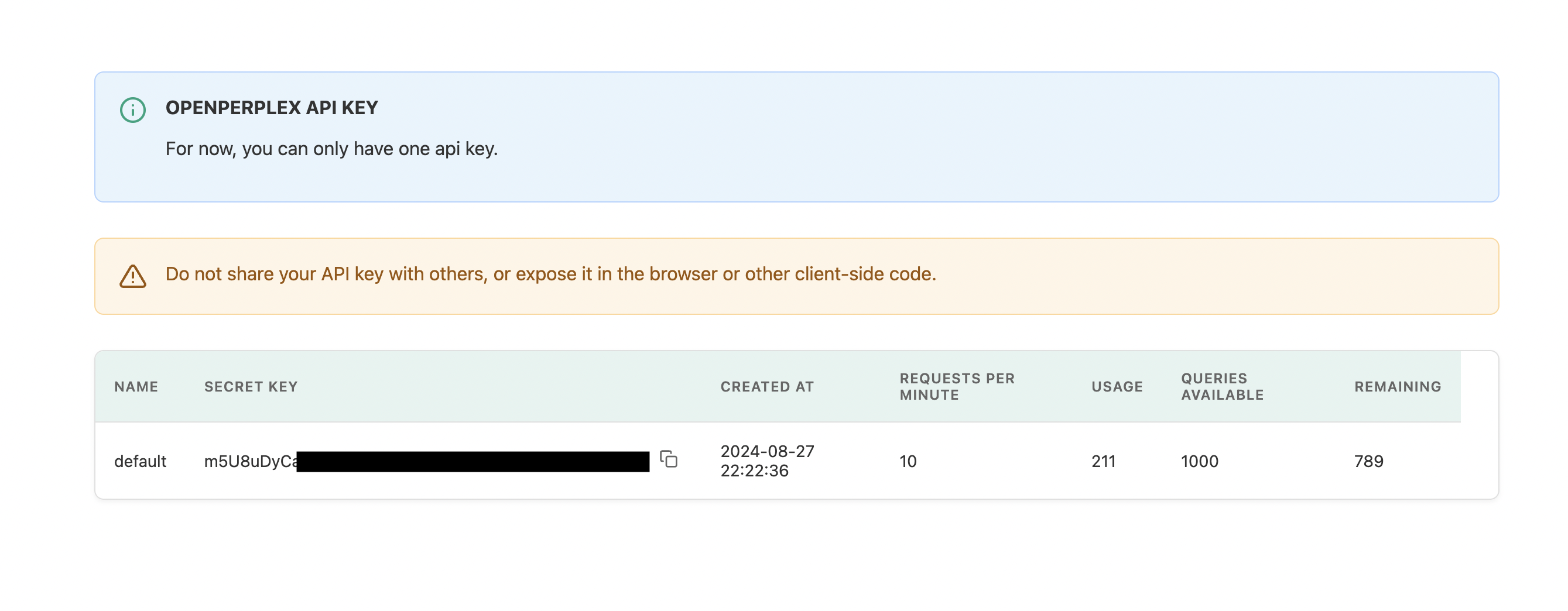result = client_sync.search(
query="What are the latest developments in AI?",
model="o3-mini-high",
date_context="2024-08-25",
location="us",
response_language="en",
answer_type="text",
search_type="general",
return_citations=False,
return_sources=False,
return_images=False,
recency_filter="anytime"
)
print(result)
# Streaming search
for chunk in client_sync.search_stream(
query="Explain quantum computing",
model="o3-mini-high",
date_context="2024-08-25",
location="us",
response_language="en",
answer_type="text",
search_type="general",
return_citations=False,
return_sources=False,
return_images=False,
recency_filter="anytime"
):
print(result)

